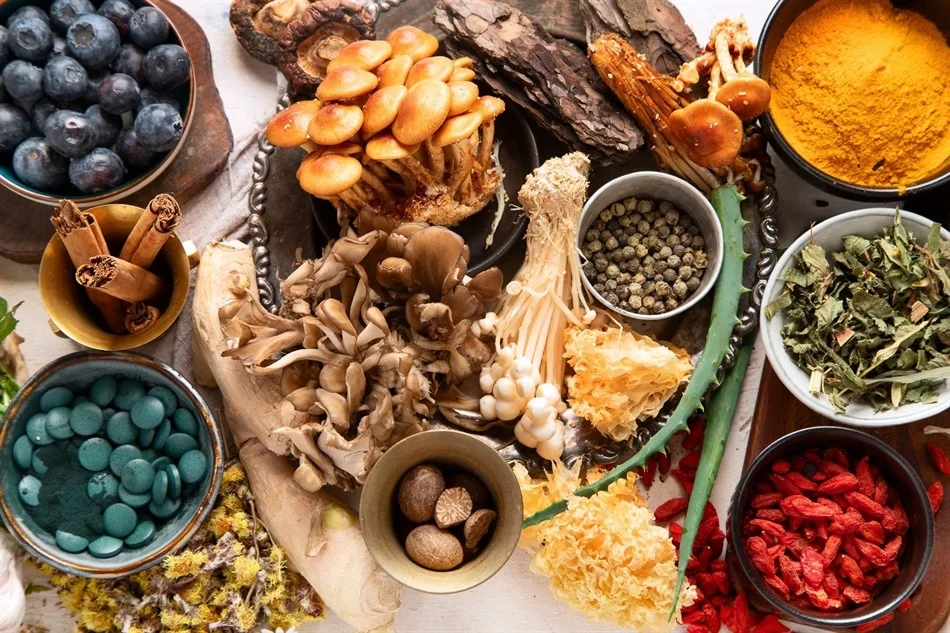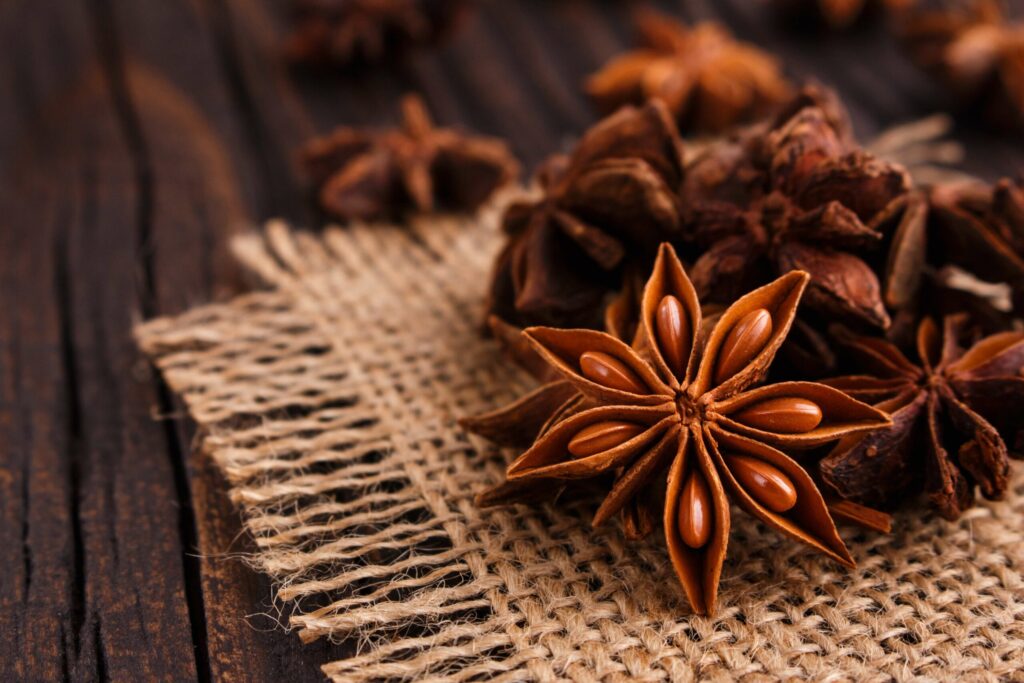
10 Indian Spices and Their Impressive Health Benefits
India’s rich culinary heritage is deeply rooted in its vibrant and aromatic spices. Beyond their ability to transform food with bold flavors, many Indian spices have been traditionally revered for their medicinal properties. In recent years, scientific research has begun to validate some of these traditional uses, highlighting the potential health benefits of these kitchen staples.
Here are 10 commonly used Indian spices and their notable health benefits:
1. Turmeric (Haldi)
Turmeric is one of the most celebrated spices in Indian cuisine and Ayurvedic medicine. Its active compound, curcumin, is known for potent anti-inflammatory and antioxidant effects. Research suggests it may aid in reducing joint pain, managing inflammation, and potentially protecting against neurodegenerative diseases such as Alzheimer’s.
Best Used In: Curries, golden milk, and teas.
2. Ginger (Adrak)
Ginger is widely used for its effectiveness in treating nausea, motion sickness, and digestive issues. It also exhibits anti-inflammatory properties and may help alleviate muscle pain and menstrual discomfort.
Best Used In: Teas, stir-fries, soups, and marinades.
3. Cinnamon (Dalchini)
Cinnamon is not just a sweet spice—it’s a powerful ally in health. It may help regulate blood sugar levels, making it beneficial for people with insulin sensitivity or type 2 diabetes. Additionally, it has been linked to lower cholesterol and reduced inflammation.
Best Used In: Desserts, spiced teas (chai), and savory curries.
4. Cardamom (Elaichi)
This fragrant spice has been traditionally used to support digestive health and respiratory function. It may also help lower blood pressure and combat bad breath due to its antimicrobial properties.
Best Used In: Teas, rice dishes, desserts, and spice blends like garam masala.
5. Cumin (Jeera)
Cumin seeds are known for their ability to aid digestion, reduce bloating, and improve gut health. They also possess antioxidant properties that may support overall immunity.
Best Used In: Tempering dals, curries, and roasted vegetable dishes.
6. Black Pepper (Kali Mirch)
Black pepper contains piperine, a compound that enhances the absorption of nutrients like curcumin from turmeric. It also has antioxidant and anti-inflammatory effects and may support brain and gut health.
Best Used In: Spice blends, marinades, soups, and stews.
7. Fennel (Saunf)
Fennel seeds are often chewed after meals in India to promote digestion and reduce bloating. Traditionally, they’ve also been used to improve eye health and may possess antimicrobial properties.
Best Used In: Digestive teas, spice mixes, and desserts.
8. Coriander (Dhaniya)
Coriander seeds and leaves are both culinary staples with multiple benefits. The seeds may help manage blood sugar levels, while the leaves are packed with antioxidants. Coriander paste is also used topically to relieve joint discomfort.
Best Used In: Curries, chutneys, soups, and salads.
9. Cloves (Laung)
Cloves have long been used in traditional medicine for their antimicrobial, antifungal, and pain-relieving properties. They are especially effective for toothaches and oral infections.
Best Used In: Spiced drinks, rice dishes like biryani, and infused oils.
10. Fenugreek (Methi)
Fenugreek seeds are a staple in Indian kitchens and Ayurvedic remedies. They may help regulate blood sugar, support digestion, and provide antioxidant protection.
Best Used In: Pickles, lentil dishes, and spice blends.
Final Thoughts
These spices are more than flavor enhancers—they are integral to a holistic approach to health that has been practiced in Indian culture for centuries. While they are not a substitute for medical treatment, incorporating these spices into your daily cooking can be a delicious and natural way to support your well-being.
As always, consult a healthcare provider before using spices therapeutically, especially if you have existing medical conditions or are on medication.
Interested in adding these spices to your routine?
Start with a simple turmeric-ginger tea or add cumin and coriander to your vegetable stir-fry. Small changes can make a flavorful—and potentially healthful—impact.

